SGGPO
The Government proposed that the National Assembly allow the regulation of the validity period of electronic visas to not exceed 3 months and the validity period of granting temporary residence certificates at border gates for people entering under unilateral visa exemption to not exceed 45 days.
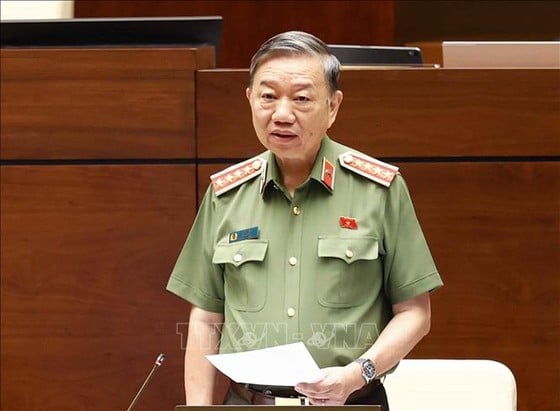 |
| Minister of Public Security To Lam reports at a session of the 15th National Assembly |
The Government submitted a proposal to the National Assembly to consider the draft Law amending and supplementing a number of articles of the Law on Exit and Entry of Vietnamese Citizens and the Law on Entry, Exit, Transit and Residence of Foreigners in Vietnam at the 5th session, scheduled to open on May 22.
Reporting on the reception and explanation of the opinions of the National Assembly Standing Committee (NASC) on the draft Law amending and supplementing a number of articles of the Law on Exit and Entry of Vietnamese Citizens and the Law on Entry, Exit, Transit and Residence of Foreigners in Vietnam, Minister of Public Security To Lam stated that the duration of an electronic visa of up to 3 months is suitable for long-term stays, vacations, market research and business for foreigners.
Previously, within the framework of the 23rd session, the Standing Committee of the National Assembly gave its opinions on the draft law. Many members of the Standing Committee of the National Assembly proposed to add more specific and convincing arguments on the proposal to regulate the duration of electronic visas (from no more than 30 days to no more than 3 months and the duration of granting temporary residence certificates at the border gate for people entering under unilateral visa exemption from 15 days to 45 days).
The report signed by Minister To Lam stated that over the period of implementing e-visa issuance, from the pilot phase in 2017 to present, the number of foreigners requesting e-visas has increased.
After the Government restored the immigration policy as before the Covid-19 pandemic (from March 15, 2022), the number of e-visas issued has increased 46.6 times compared to the same period before the Covid-19 pandemic. However, the short duration of e-visas (maximum 30 days) has not attracted more foreigners, especially foreigners who need to stay for a long time in Vietnam, those who need to survey, learn about the market, and seek investment opportunities in Vietnam. Extending the duration of e-visas to 3 months, valid for one or multiple entries, is to meet the above needs; especially suitable for the length of stay for foreigners responsible for establishing a commercial presence, service providers, and service providers under contracts as committed by Vietnam in free trade agreements.
The issuance of electronic visas is done through prior personnel review, so compared to unilateral visa exemption, the issuance of electronic visas also helps immigration authorities screen out groups of people who are not eligible for entry, meeting management requirements, the head of the public security sector said.
According to the above report, research on tourism trends of the tourism industry shows that visitors from distant markets such as Europe to Vietnam often choose long vacations of 15 days or more; resort, cross-country and international tourism programs. The tourism industry aims to attract beach vacationers and long-term stays to gradually compete with countries in the region in terms of beach tourism, while countries such as Thailand, Singapore... are applying visa exemption policies with temporary stays of up to 45 days, 90 days.
In that context, the Government believes that increasing the unilateral visa exemption period to 45 days (the average level in the region) will help improve Vietnam's competitiveness in attracting tourists; create more convenience for international tourists, helping them to proactively plan their time and schedule for sightseeing and long-term stays in Vietnam.
Source


![[Photo] General Secretary To Lam visits exhibition of achievements in private economic development](https://vphoto.vietnam.vn/thumb/1200x675/vietnam/resource/IMAGE/2025/5/18/1809dc545f214a86911fe2d2d0fde2e8)
![[Photo] More than 17,000 candidates participate in the 2025 SPT Competency Assessment Test of Hanoi National University of Education](https://vphoto.vietnam.vn/thumb/1200x675/vietnam/resource/IMAGE/2025/5/17/e538d9a1636c407cbb211b314e6303fd)



![[Photo] National conference to disseminate and implement Resolution No. 66-NQ/TW and Resolution No. 68-NQ/TW of the Politburo](https://vphoto.vietnam.vn/thumb/1200x675/vietnam/resource/IMAGE/2025/5/18/adf666b9303a4213998b395b05234b6a)
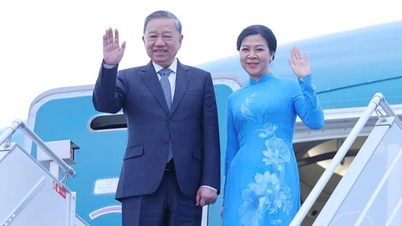

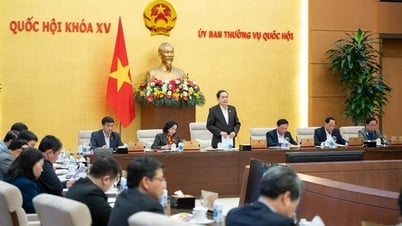

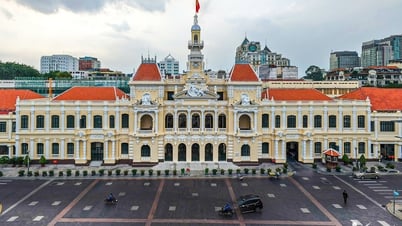

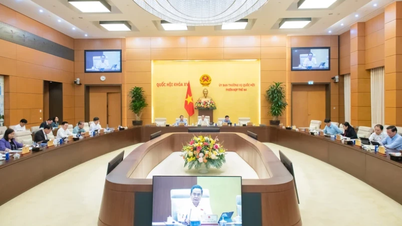

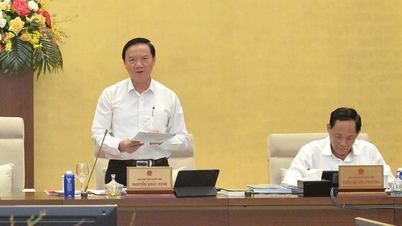

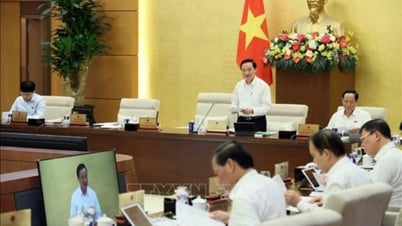




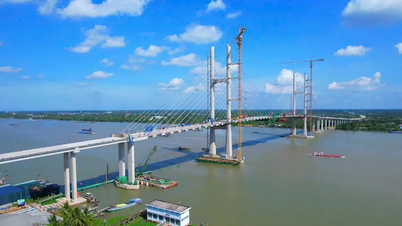
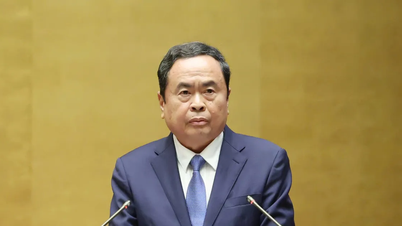




![[Photo] Prime Minister Pham Minh Chinh chairs meeting on science and technology development](https://vphoto.vietnam.vn/thumb/1200x675/vietnam/resource/IMAGE/2025/5/17/ae80dd74c384439789b12013c738a045)












































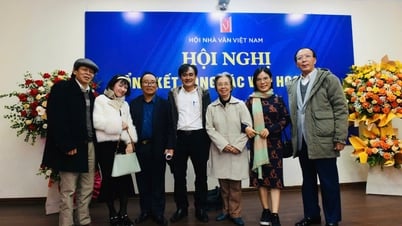

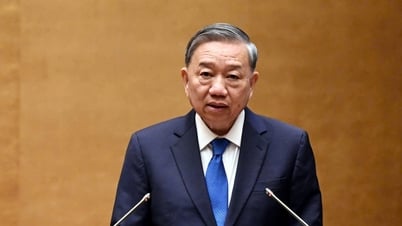


















Comment (0)